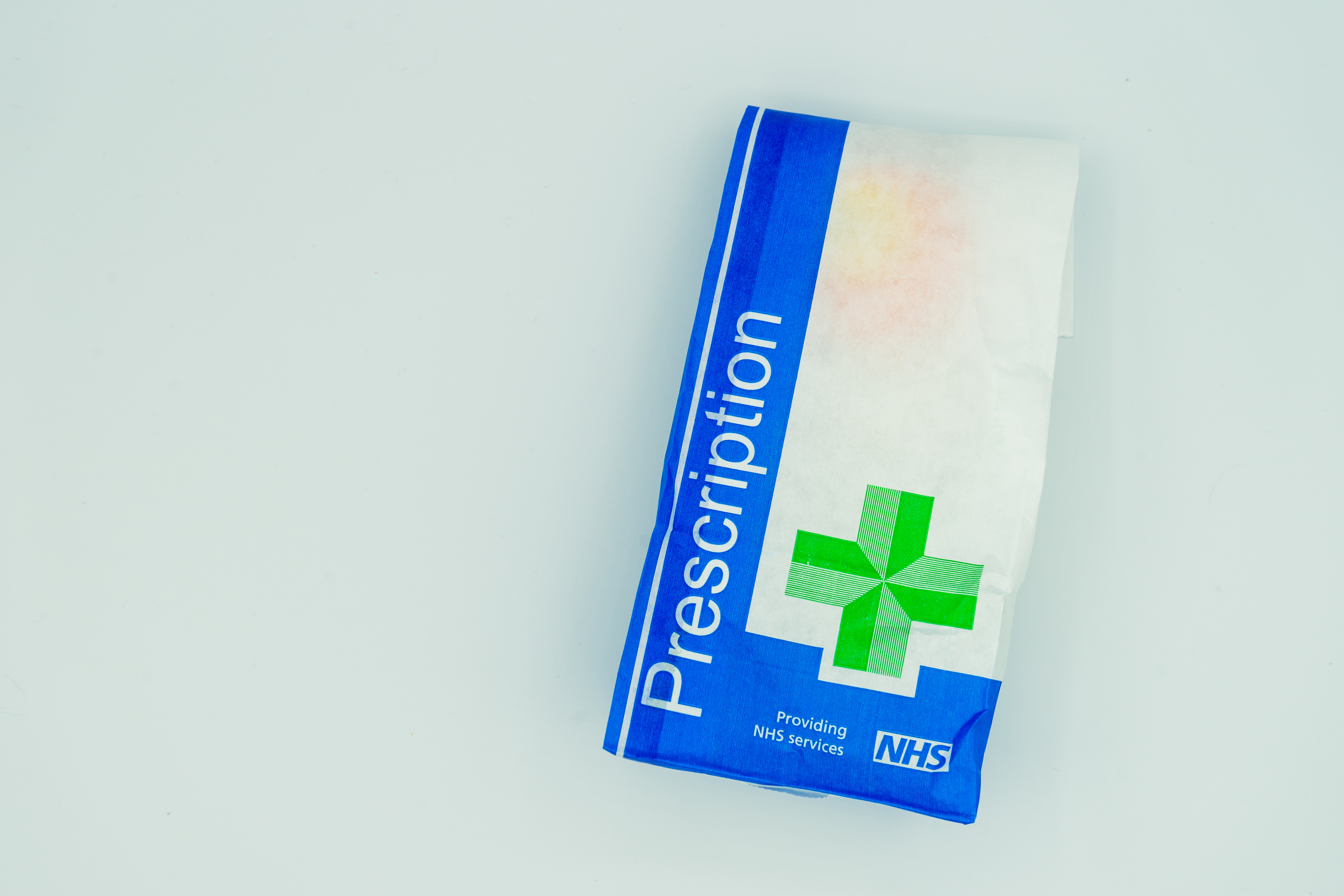
2025 Week 2
Tailoring one’s claim interpretation for the jurisdiction at hand can be a canny way of maximizing your patent’s footprint. You can argue a narrow interpretation during grant and validity proceedings (e.g. at the EPO) and a nice broad one for enforcement in the courts. Such strategies are particularly tempting in Europe where file wrapper estoppel is limited and where the national courts show varying degrees of adherence to the findings of the EPO.
But the UPC Court of Appeal’s 20 December 2024 decisions to deny Alexion’s appeal against the first instance refusal to grant a preliminary injunction against Amgen and Samsung should make patentees think twice about trying this approach at the Unified Patent Court.
Alexion’s arguments to get the patent granted at the EPO
Alexion’s EP 3167888 B1 was granted after the EPO Technical Board of Appeal (TBA) overturned the refusal of the application by the Examining Division (ED). The ED had refused the application for added matter that they considered to arise from an attempted correction of the claims. The TBA allowed the uncorrected claims to proceed to grant, finding that they were sufficiently disclosed, despite a prima facie problem with the way the therapeutic antibody was defined. Not only did the claimed antibody have an amino acid sequence corresponding to that of eculizumab, it also erroneously included the amino acid sequence of a ‘signal peptide’. (When an antibody is produced by animal cells, an appended signal peptide helps to send it out of the cell. However, the signal peptide is removed along the way. Mature antibodies, lacking the signal peptide, bind their respective targets with such high specificity that they have become the biggest class of blockbuster drugs in the last ten years.)
Pre-grant, Alexion wanted to correct the claims by deleting the signal peptide from claimed sequence. The TBA refused this. However, it followed Alexion’s assertion that an antibody sequence that retained the signal peptide would probably retain binding functionality.
Alexion’s arguments for a UPC preliminary injunction
So when Alexion applied for a preliminary injunction at the UPC to block Amgen and Samsung from selling their eculizumab-containing products BEKEMV® and Epysqli®, they were trying to enforce claims that did not actually cover those products on a literal reading (nor their own eculizumab-based product, Soliris®), all of which lack the signal peptide.
Alexion argued that the skilled person would recognise the signal peptide sequence and realise that it was included in error because they know it should be removed from the final product. To support this interpretation, Alexion stated that “an antibody with the [claimed sequence] does not bind C5 [the target] and is not suitable for formulation as a pharmaceutical composition” (paragraph 48 of the decision) due to the hydrophobic amino acids in the signal peptide (paragraph 41).
The UPC Court of Appeal noted the contradiction between Alexion’s argument and the assertions made to the TBA to achieve grant (at paragraph 42 of the decision). The Court of Appeal held that the skilled person would interpret the claim in line with that earlier assertion, to mean that the antibody does indeed have the complete sequence specified in the claim, including the signal peptide. Under this interpretation, the Court considered the invention to be insufficiently disclosed because it is unsuitable for use as a drug. Therefore, while the Court of Appeal followed the TBA’s interpretation of the claim, in view of Alexion’s technical arguments, they disagreed with the TBA’s conclusion that the claimed antibody remained functional.
Headnote 2 of the UPC Court of Appeal decision makes the point about the skilled person interpreting the claims in line with the patentee’s assertions made in grant proceedings:
Headnote 2: The patent claim must be interpreted from the perspective of the person skilled in the art. The applicant’s assertions during the grant proceedings, and in particular the TBA’s endorsement thereof, can be seen as an indication of the view of the person skilled in the art at the filing date.
We must bear in mind that these are decisions on preliminary injunction applications, and so the UPC Court of Appeal was considering whether it is more likely than not that the claims are invalid due to insufficiency, rather than definitively deciding on this issue.
But patentees be warned. The UPC will look at how you argue claim interpretation before the EPO, especially at the TBA.
This blog was co-authored by Eliot Ward and Simon Kiddle.
With over 30 years of experience in intellectual property law, Simon is a highly respected expert in the field of patent drafting, strategy, and litigation within the life sciences sector.
His work spans the full spectrum of patent-related matters, from original patent drafting to complex European oppositions and appeals, including multi-party proceedings and due diligence projects.
Email: simon.kiddle@mewburn.com
Eliot handles a diverse client portfolio spanning the life sciences sector and a growing practice in the cross-over space between physics and biology. A skilled patent prosecutor, Eliot also has wide experience of drafting patent applications on breakthrough technologies, as well as leading offensive and defensive opposition proceedings post-grant. Eliot is also experienced in handling Freedom to Operate projects and in performing due diligence, which have led to the successful completion of high value transactions and investment rounds.
Email: eliot.ward@mewburn.com
Sign up to our newsletter: Forward - news, insights and features
Our people
Our IP specialists work at all stage of the IP life cycle and provide strategic advice about patent, trade mark and registered designs, as well as any IP-related disputes and legal and commercial requirements.
Our peopleContact Us
We have an easily-accessible office in central London, as well as a number of regional offices throughout the UK and an office in Munich, Germany. We’d love to hear from you, so please get in touch.
Get in touch



